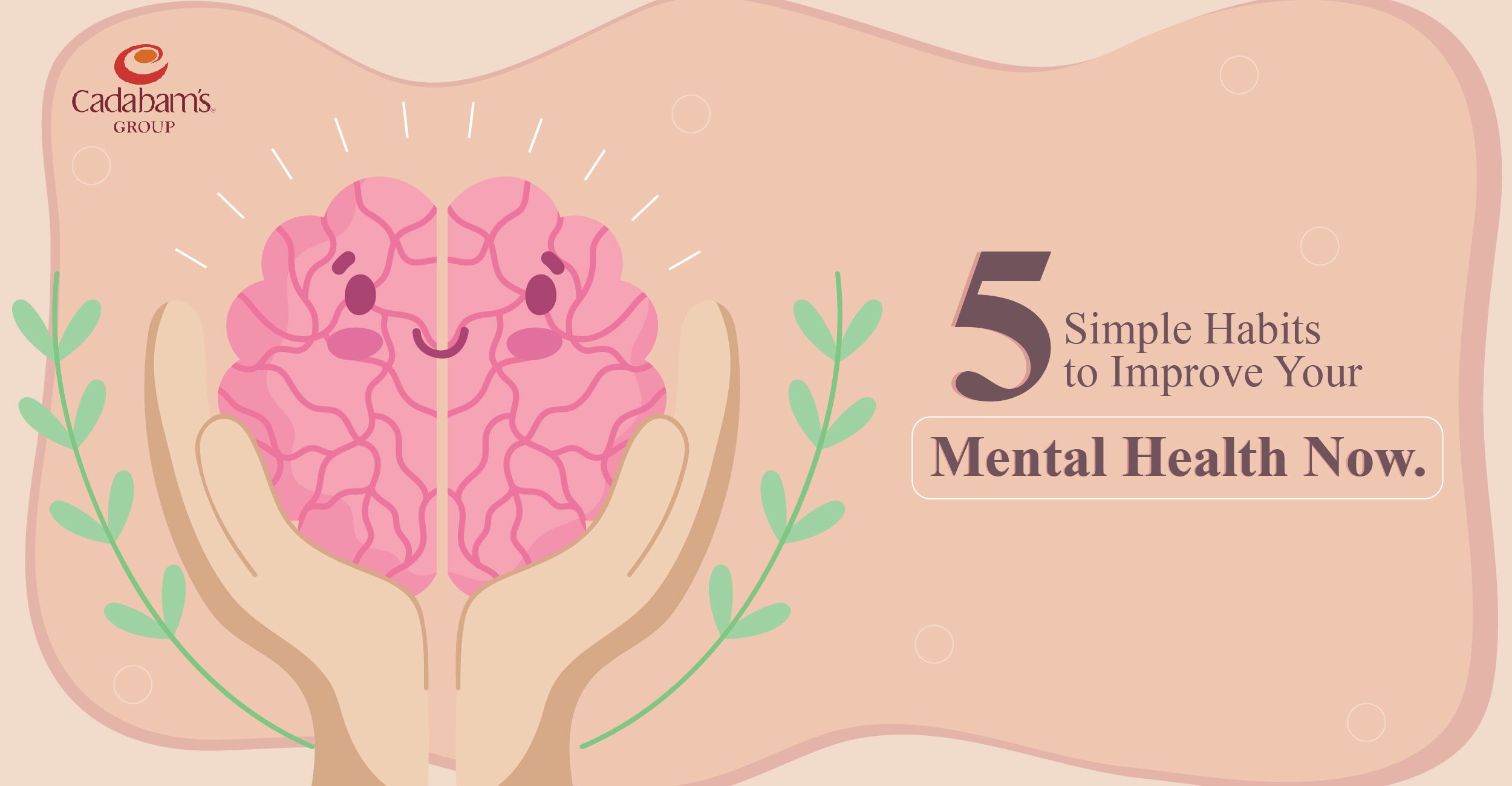
Groundbreaking Research Uncovers Unexpected Effects of Learning Alzheimer’s Risk via Brain Imaging
A new study released on May 7, 2025, in Alzheimer’s & Dementia offers surprising revelations on how cognitively healthy adults emotionally and behaviorally react to discovering their Alzheimer’s risk status through brain imaging. Contrary to previous fears, the study indicates that revealing a heightened risk for Alzheimer’s disease does not result in psychological damage. Nevertheless, the findings introduce a new concern: irrespective of whether participants were informed of being at high or low risk, their drive to uphold lifestyle choices that could aid in disease prevention actually waned.
This unforeseen outcome holds significant ramifications for future approaches to Alzheimer’s prevention and early detection.
Understanding the Study: Methodology
Researchers monitored 199 adults who were cognitively healthy yet curious about their Alzheimer’s risk, often due to familial history or other signs. Each participant underwent PET brain scans aimed at detecting amyloid beta—a protein that builds up in the brain years prior to the onset of Alzheimer’s symptoms.
Participants filled out surveys evaluating their emotional state, memory concerns, and motivation for healthy habits—such as physical activity, nutrition, and brain-stimulating pursuits—before and six months after receiving their scan results. These follow-up assessments shed light on how individuals processed this information emotionally and whether it affected their actions.
The Emotional Impact: Not as Anticipated
The emotional reactions to Alzheimer’s risk revelations challenge several common beliefs:
– Individuals who received “positive news” (i.e., no amyloid detected) noted enhanced emotions across various areas. Their levels of anxiety, depression, and memory-related worries showed considerable improvement post-disclosure.
– Interestingly, those who found out they had elevated amyloid levels—a recognized early warning sign for future Alzheimer’s disease—did not report heightened depression or anxiety. In fact, their anxiety slightly decreased.
This indicates that simply being aware of one’s brain health status may provide psychological comfort, fostering a sense of certainty or facilitating planning.
A Surprising Drop in Motivation
Despite the emotional reassurance, researchers discovered a concerning behavioral trend. Individuals in both categories—those with high and low amyloid levels—exhibited a notable reduction in motivation to sustain or adopt healthy lifestyle habits after learning their risk status.
These lifestyle modifications are known to guard against cognitive decline and are frequently recommended by healthcare professionals. The findings question the assumption that an awareness of heightened risk inevitably boosts efforts to protect brain health.
Dr. Sapir Golan Shekhtman, the study’s lead author, remarked: “The results underscore how easily individuals can lose enthusiasm for making lifestyle adjustments intended for cognitive health maintenance. Developing strategies to uphold these healthy practices is vital.”
Key Insights from the Research
The study produced several noteworthy conclusions:
– Emotional resilience: Disclosing elevated amyloid does not seem to amplify distress, suggesting that cognitively healthy individuals can manage the emotional impact of learning their Alzheimer’s risk.
– Positive emotional outcomes: Discovering the absence of amyloid provides emotional advantages, such as lowered anxiety and depression.
– Behavioral contradiction: Awareness of brain health status—whether favorable or unfavorable—appears to diminish motivation for lifestyle alterations instead of enhancing it.
– Education disparities: Participants with lower educational levels faced greater challenges in processing non-elevated amyloid findings, sometimes responding negatively to “positive news.” This highlights the need for communication methods tailored to each individual’s background.
Implications for Alzheimer’s Prevention Going Forward
As medicine progresses towards earlier diagnoses and preventive methodologies for Alzheimer’s, particularly with biomarker-based assessments and emerging therapies on the horizon, understanding how individuals respond to risk disclosures becomes increasingly critical.
Dr. Orit Lesman-Segev from Israel’s Sheba Medical Center, a senior study leader, highlighted: “As treatments become accessible, cognitively normal individuals are likely to undergo screenings utilizing Alzheimer’s biomarkers to qualify for targeted therapies. Therefore, it’s crucial to grasp the response to disclosures and refine the communication process.”
This study indicates that emotional reactions to risk information are manageable but emphasizes a vital challenge for healthcare providers: how to sustain or even boost patient motivation for brain-healthy choices following risk disclosures. Such behaviors encompass regular exercise, social interaction, mental engagement, and a diet rich in plant-based, heart-healthy foods.
What Lies Ahead?
The results suggest that the most challenging aspect of Alzheimer’s prevention may not be technological—it’s behavioral. As Alzheimer’s biomarker screenings become prevalent in clinical practice, healthcare professionals and researchers must devise patient-centered communication strategies that encourage and maintain healthy behaviors, even after receiving “good news” from scans.
The next step for researchers and clinicians is to implement interventions that ensure knowledge leads to action—without diminishing hope or motivation.
—
For individuals with a familial background or concerns regarding Alzheimer’s, these findings provide reassurance: knowing your risk status isn’t psychologically harmful. Yet, they also serve as a vital reminder—consistent efforts to safeguard brain health are important, independent of test results.
A proactive lifestyle today continues to be one of the most effective instruments for brain resilience tomorrow.